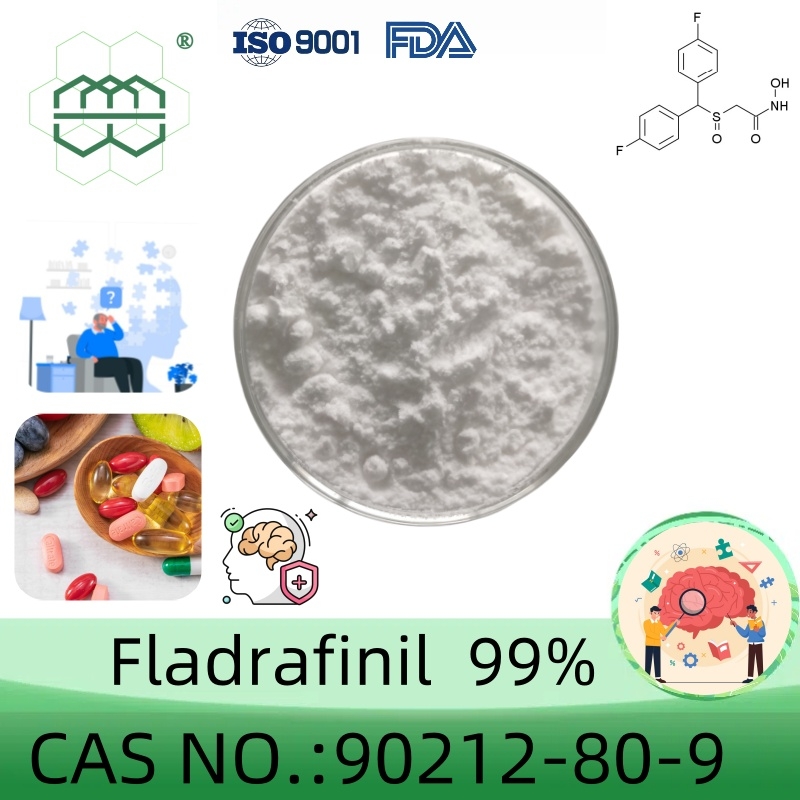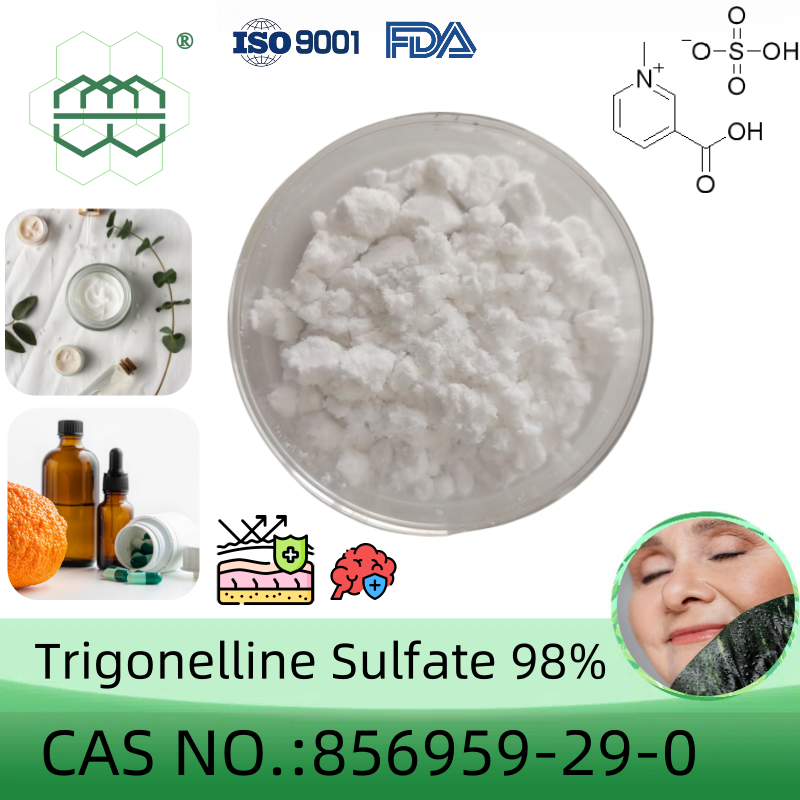-
Categories
-
Pharmaceutical Intermediates
-
Active Pharmaceutical Ingredients
-
Food Additives
- Industrial Coatings
- Agrochemicals
- Dyes and Pigments
- Surfactant
- Flavors and Fragrances
- Chemical Reagents
- Catalyst and Auxiliary
- Natural Products
- Inorganic Chemistry
-
Organic Chemistry
-
Biochemical Engineering
- Analytical Chemistry
-
Cosmetic Ingredient
- Water Treatment Chemical
-
Pharmaceutical Intermediates
Promotion
ECHEMI Mall
Wholesale
Weekly Price
Exhibition
News
-
Trade Service
L-Lysine dihydrochloride is an essential amino acid that is commonly used in the chemical industry, particularly in the production of drugs and cosmeceuticals.
As with any chemical compound, safety is a critical consideration when handling and using L-Lysine dihydrochloride.
In this article, we will explore the safety of L-Lysine dihydrochloride, its potential health risks, and the measures that can be taken to ensure safe handling and use.
Safety Considerations:
L-Lysine dihydrochloride is a synthetic chemical that is manufactured through a series of chemical reactions.
The safety of this compound is primarily determined by its toxicity, mutagenicity, and teratogenicity.
The available data suggests that L-Lysine dihydrochloride is generally safe when used as intended, although some studies have raised concerns about its potential health risks.
Toxicity:
L-Lysine dihydrochloride is considered to be relatively non-toxic, with an oral LD50 value of 5600 mg/kg in rats and 4600 mg/kg in mice.
However, high doses of L-Lysine dihydrochloride can cause adverse effects such as nausea, vomiting, stomach cramps, and diarrhea.
In some cases, high doses of L-Lysine dihydrochloride have also been associated with an increased risk of renal dysfunction.
Mutagenicity and Teratogenicity:
The mutagenicity and teratogenicity of L-Lysine dihydrochloride have been studied extensively, and the available data suggests that this compound is not mutagenic or teratogenic when used at recommended doses.
However, some studies have suggested that high doses of L-Lysine dihydrochloride may cause genetic mutations and developmental abnormalities.
Precautions:
To ensure the safe handling and use of L-Lysine dihydrochloride, several precautions should be taken.
These include:
- Proper storage: L-Lysine dihydrochloride should be stored in a cool, dry place, away from direct sunlight and moisture.
- Proper handling: L-Lysine dihydrochloride should be handled with care, and gloves and protective eyewear should be worn when handling the compound.
- Proper disposal: L-Lysine dihydrochloride should be disposed of in accordance with local regulations and guidelines.
- Avoidance of contact: L-Lysine dihydrochloride should be avoided during pregnancy and breastfeeding.
- Adherence to recommended dosages: L-Lysine dihydrochloride should be used only as directed, and at recommended dosages.
Conclusion:
L-Lysine dihydrochloride is an essential amino acid that is commonly used in the chemical industry, particularly in the production of drugs and cosmeceuticals.
While L-Lysine dihydrochloride is generally safe when used as intended, it is important to take precautions to ensure safe handling and use.
These precautions include proper storage, handling, disposal, and adherence to recommended dosages.
By following these safety measures, the risks associated with L-Lysine dihydrochloride can be minimized.







